You Knelt Beside My Hope Torn Apart
"It’s called real life, and it’s cracked and fragile."
Real life seems awfully cracked and fragile lately.
I have friends who are hurting—friends mourning the unexpected loss of family, friends grieving broken friendships, friends fearing potential layoffs, friends aching from loneliness or a feeling of not measuring up to their peers. So many people in my life seem to be carrying with them their own fanny pack of hurts these days. Nevermind the weight of suffering on the wider scale, what new fire has raged through a community, what new bomb has torn through buildings, what new outrageous notion our politicians are pushing.
This world is painted with pain, but this isn’t some groundbreaking discovery or sudden epidemic. Life has always offered humans one guarantee: you won’t get out of it unscathed. Still, I’ve been thinking a lot lately about grief and loss and how life can seem pretty unbearable at times.
Because pain can be ruthless, can’t it? When not properly processed, it’s capable of inflicting lasting damage—it can take your sense of hope and run it through an industrial-sized shredder, the kind that comes with warnings to keep all fingers and clothing away from its blades, lest your tie get sucked in too.
And a heart without hope is a dark place.
I’ve been in that place of darkness, wandering through my desert year, resigned to a life of detached days and little purpose without hope for change. I don't mean to sound melodramatic—after all, objectively, life was so easy for me at the time. I had a job that paid my bills, friends dotting the map, plane tickets to places half a world away. Despite this lack of standard tragedy, I struggled through that year.
“You knelt beside my hope torn apart,” British baes Mumford & Sons sing in my favorite song, Ghosts That We Knew.
I've always been curious about this idea of hope, and it's only recently that I've begun to understand the necessity for hope better. Over and over again, when I was walking through my desert season, people offered to carry hope for me: my friends, my counselor. But at the time, I didn’t quite understand what that meant. How do you carry something as immaterial as hope, and how do you carry that for someone else?
Writing goddess Anne Lamott wrote, "Rubble is the ground on which our deepest friendships are built."
I’ve had so many people show up for me in my rubble over the years: friends willing to call me in the middle of the night, friends willing to cry with me, friends willing to listen to my anxieties without judgement, friends willing to send me unexpected packages in the mail, friends willing to say, “I’ll pray for you,” and mean it. And I hope that when someone comes to me with their own pain, I can be that same friend: I can answer the phone. I can bring over the wine. I can send the letter. I can listen to the fears. I can show up.
I’m seeing now, through the lens of two years of healing and learning, the beauty within this cracked and fragile life: God has given us each other to help bear this burden of pain, the burden of anxiety, the burden of loss, when it becomes too much for our own weak shoulders to carry. How incredible that we’re given people who don’t shy away from our pain, don’t shrink away from our emotions—people who are willing to pull up a chair next to our broken hearts and offer to carry our hope for us when we feel incapable of doing so ourselves.
When this world feels so terribly out of control, I think this is how we carry hope for one another: we show up; we kneel beside that hope torn apart and begin picking up the pieces from the dusty rubble, together.
***
THE MOST IMPORTANT FOOTNOTE I WILL EVER WRITE: I cannot extol the benefits of therapy enough. Go, go, go to counseling, even if you think you don’t need to—maybe especially if you think you don’t need to. I put it off for the longest time because I didn’t think “my problems were big enough” but sweet creature if it weren’t for counseling, I would be 87% more insufferable, 73% more people-pleasing, 56% more sarcastic, and 43% more anxiety-ridden than I currently am.
A slightly less important footnote but still important nonetheless: The opening line is once again from Anne Lamott, because she is a wise, quotable woman.
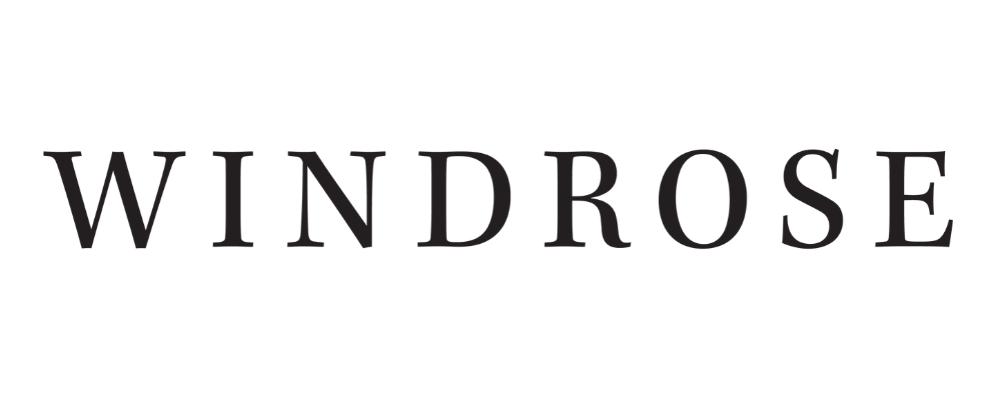

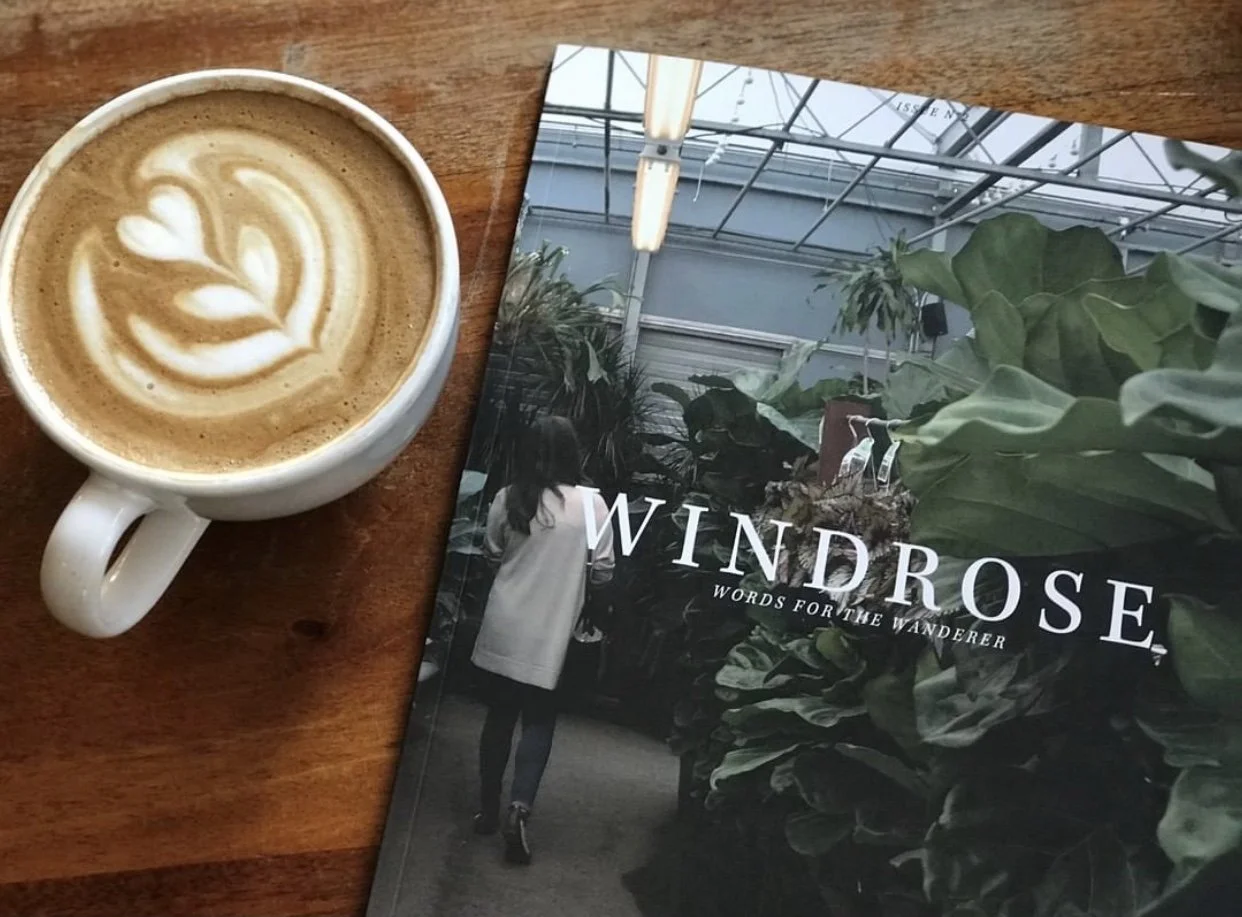

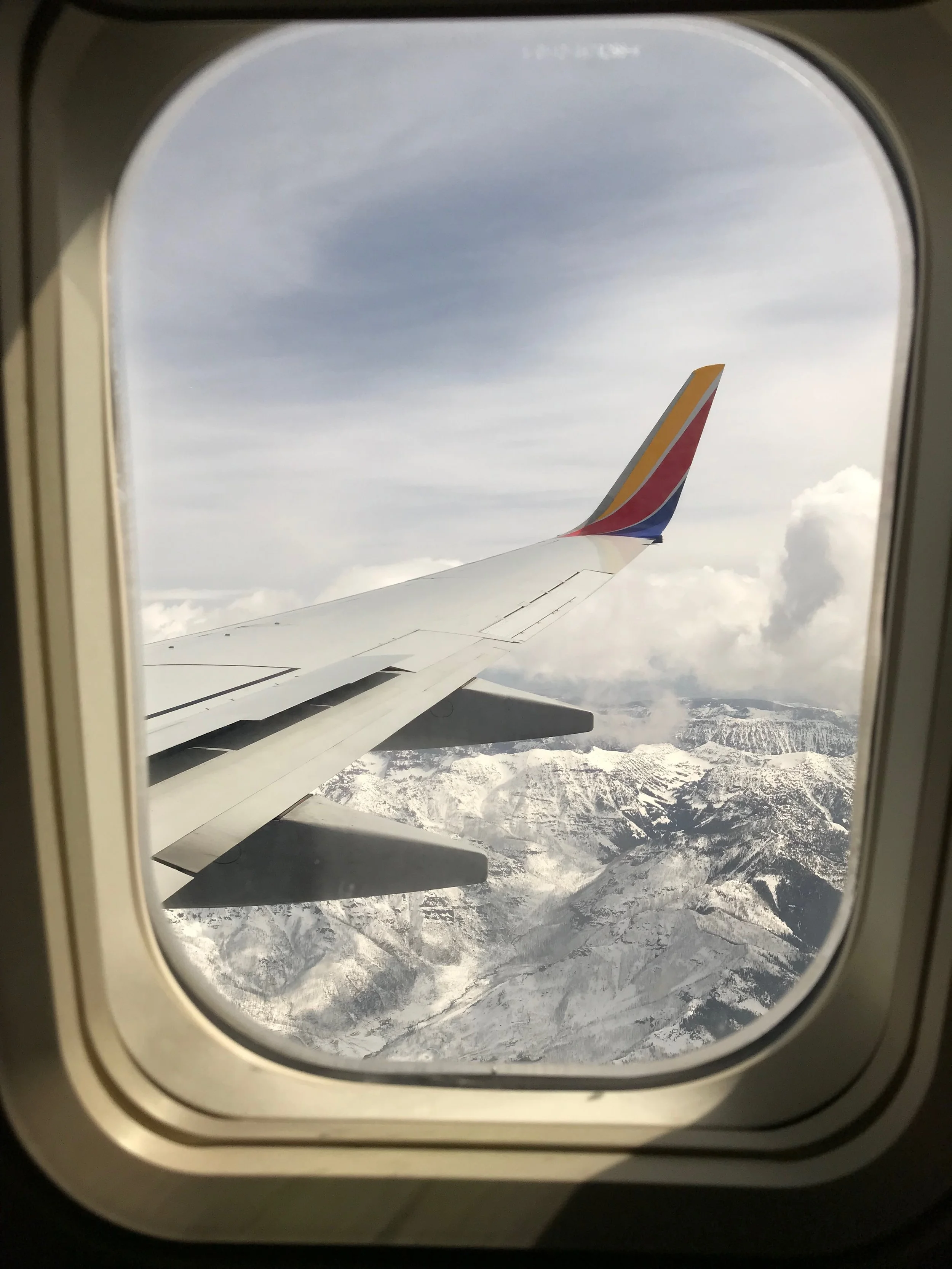


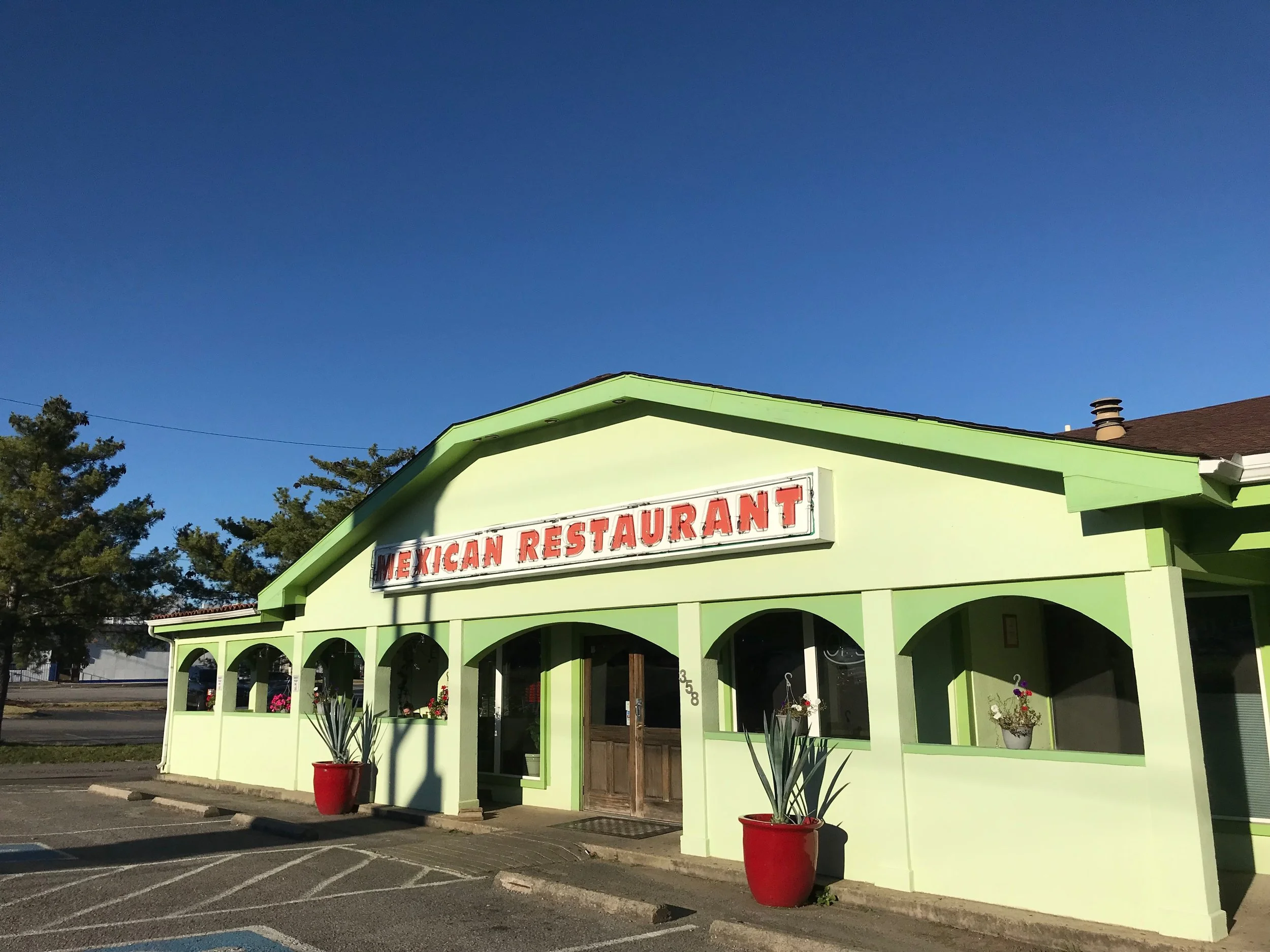

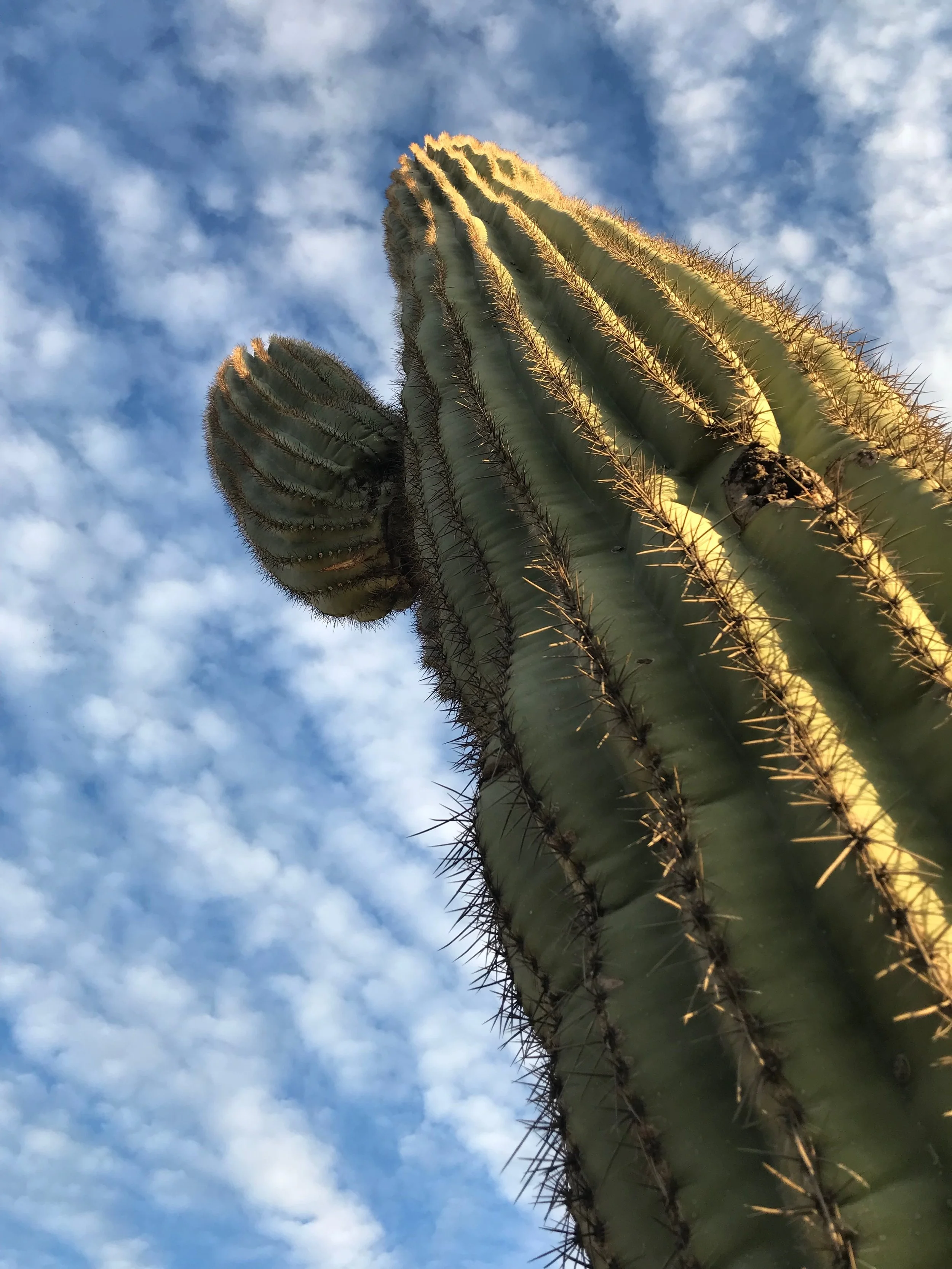
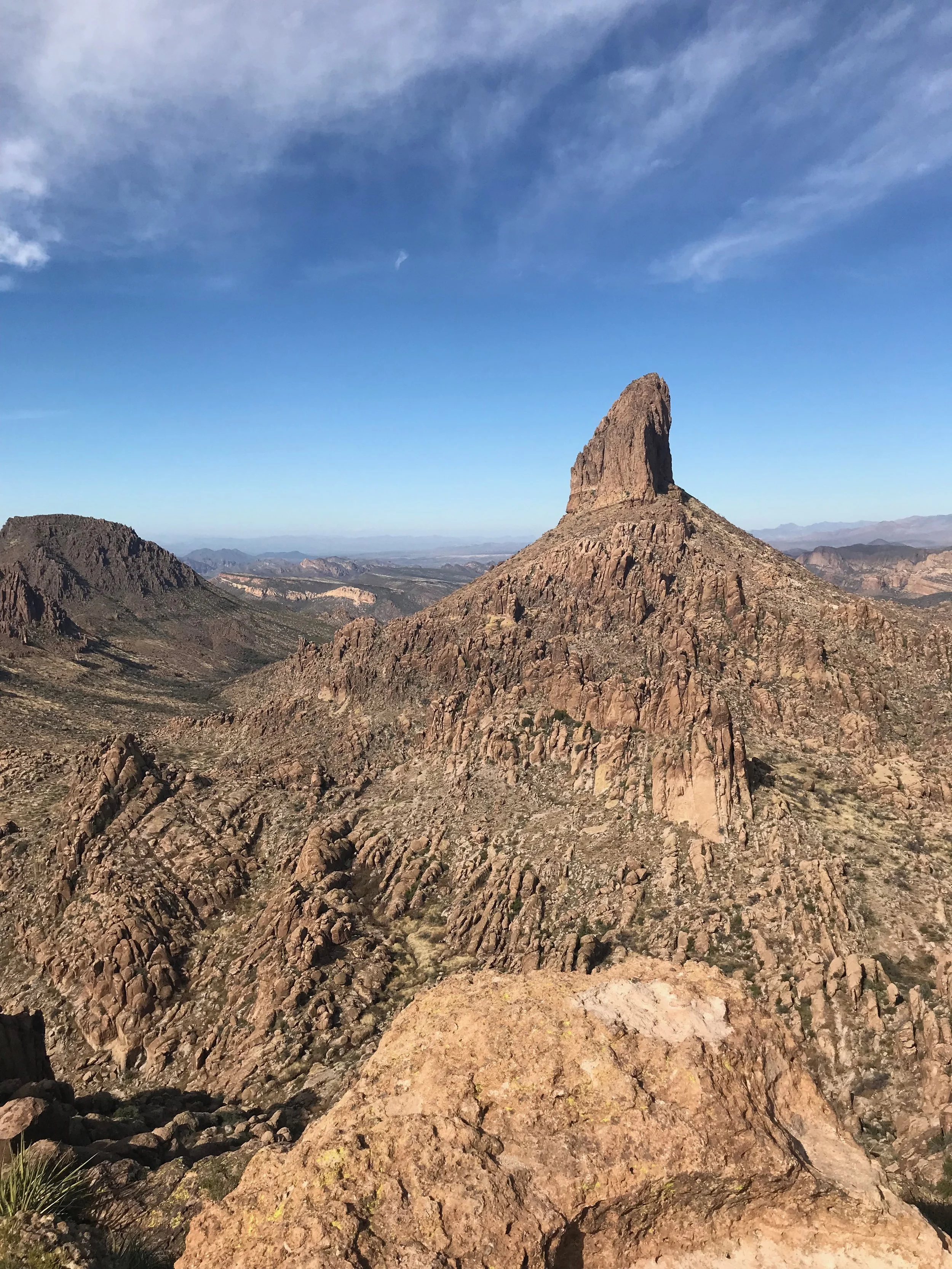



BUY 1, GET… AS MANY AS YOU WANT!
Windrose Magazine is your guide to navigating life in your twenties through a collection of essays, interviews, and advice that will inspire you to chart your own life course, free of comparison.
PLEASE NOTE: We can only ship within the United States. We still love our international friends, promise!
Magazine ships from our HQ within 7-10 business days of order. All sales final.
INVENTORY SALE: Buy 1 copy, get … as many as you want! Yes, really. We will contact you after purchase through the email you submit during the checkout process to confirm how many copies you would like.
Please note that orders of 10+ copies will incur additional shipping fees. Order limits are subject to remaining inventory count.